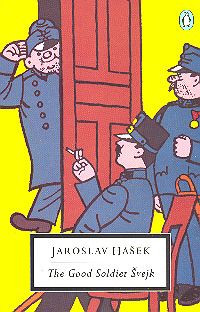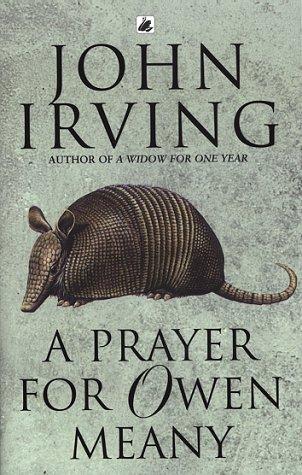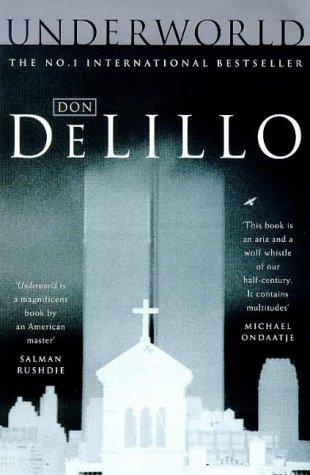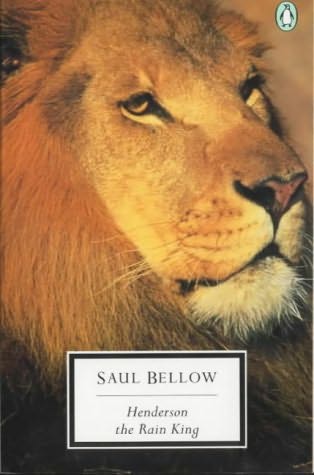
Author Jaroslav Hasek seems like a character from a novel himself. A Czech citizen, Hasek as a youth was an anarchist and a first-class practical joker. After falling in love with a girl whose parents hardly approved of him, Hasek attempted to leave his wild days behind, to little avail. After publishing several short stories, Hasek became editor of an animal magazine. He was dismissed after it was discovered that he was making animals up and writing long descriptions of their physiology and habitats. After attempting to fake his own death in order to get out of his unhappy marriage, he was enlisted in the Austro-Hungarian army and saw duty in the First World War. From this experience, Hasek created an indelible character in The Good Soldier Svejk.
Svejk is Hasek's variation on the bumbling idiot, constantly thwarting the plans of his superiors, and yet somehow never being truly punished. Svejk's simplicity is either real or feigned, it is hard to tell for sure. He is a hard drinker, loves a good time, and is devoted to his superiors to a fault. Through Svejk and his cohort of soldiers and civilians, Hasek has a grand canvas on which to paint the absurdities of military life and wartime. Svejk follows his orders to a tee, even if it means disaster for the army and his superiors.
The book is really a series of vignettes, certainly related to each other, but Hasek never really finished The Good Soldier Svejk. The book just sort of ends without any type of resolution. It hardly matters. This is one of the funniest books I've ever read, and Svejk is one of the most indelible characters I've come across. Hasek planned to finish Svejk, but a stint as a Bolshevik, the icy reception from the Czechs once he returned to Prague, and ultimately his death meant that it was never to be. Still, what we have is a rollicking good novel that will make you laugh out loud as well as think. By the way, the illustrations that adorn the text, by artist Joseph Lada, add immeasurably to the pleasure of reading this book.
NOTE: Thanks to dainfomaster for a great link to all things Svejk.












